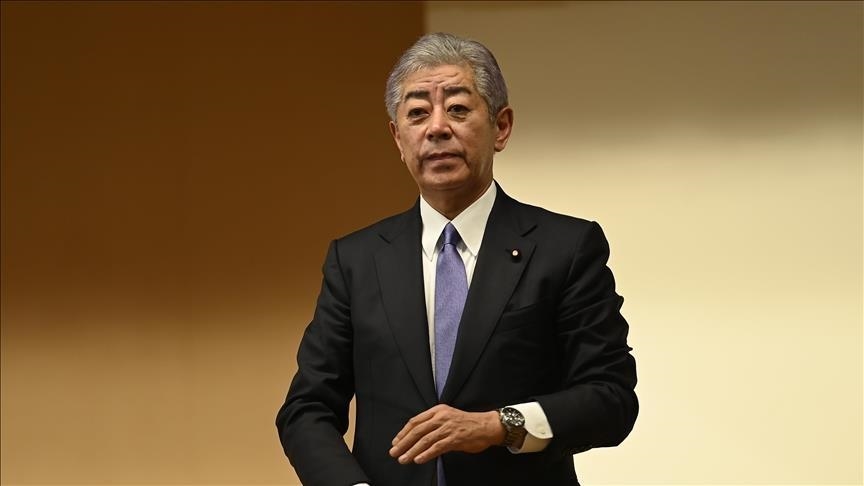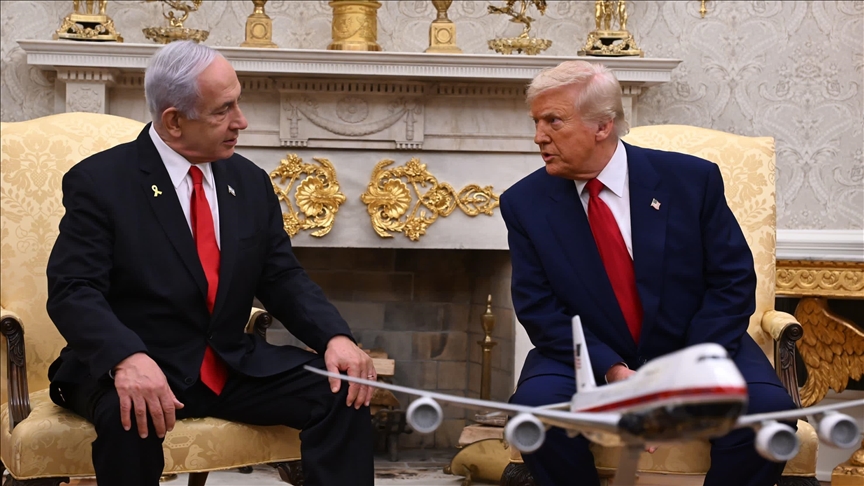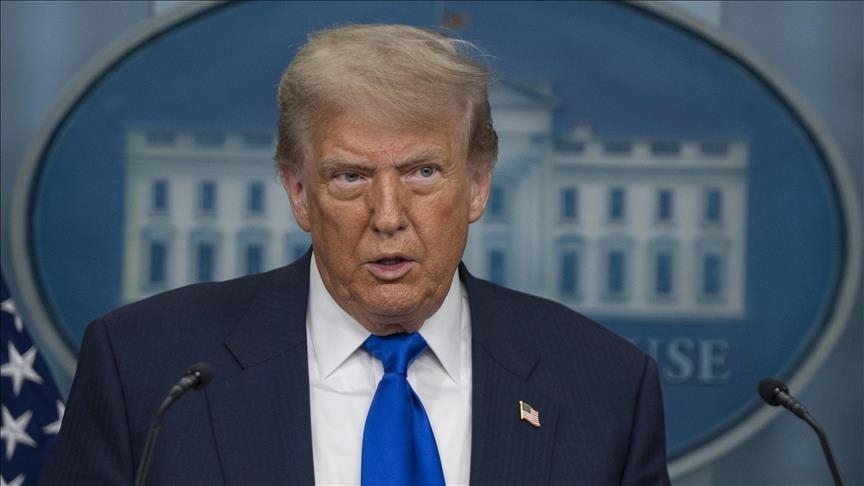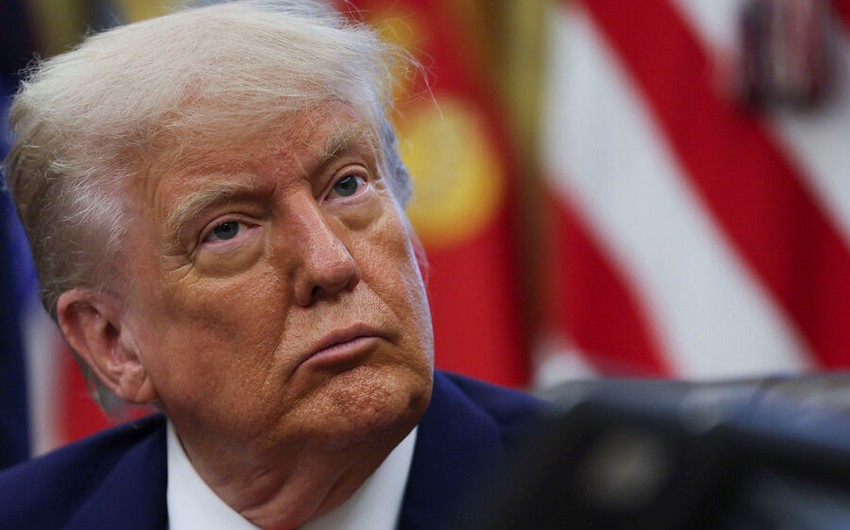"With the resumption of the transatlantic alliance between the United States and Europe, it can be possible to achieve a complete cessation of Iran's nuclear programme through making it surrender." This was stated by the Western media in an article published after Joe Biden's speech at the Munich conference last week.
Iran is, in fact, helpless, but extremely insistent on not succumbing to pressure from both the United States and Europe. But on the other hand, the US government is not as harsh and ruthless as before, it likes to make concessions at any time and tends to cooperate. Iran is of course, not excluded from benefitting this cooperation. But what is the real reason that prevents Iran from ending its nuclear programme, even in the state of being in economic decline and struggling to deal with its internal problems?
(2).jpg)
Sadraddin Soltan, head of the Centre for Middle East Studies, gave an interview to Eurasia Diary.
Iran and the UN nuclear watchdog met to discuss for solutions, but the parties have not yet reached an agreement. Will Iran be able to get rid of US sanctions after many of its attempts, or what can Iran do otherwise?
- The United States has given Tehran a chance to withdraw its talks and claims by announcing its decision to lift UN sanctions against Iran. Iranian officials say all sanctions will be lifted and talks will resume. The Iranian side wants to use this tool to show that the US has made little concessions to it. Iran wants the United States to lift its restrictions on oil. However, Tehran’s failure to back down from its position could create new problems. It’s because the United States can replace Iran. However, Iran has no opportunity to replace those who have joined the US sanctions. The steps taken by Tehran in this direction always fail. The government is trying to replace the United States with Russia and China, and is trying to cooperate with the countries of the region. However, the result cannot be considered successful yet. It should be noted that at some circumstances, Russia and China are also subject to US sanctions.
Turkey supports Iran and wants the US sanctions lifted. What are the interests of this partnership, and how can it damage relations between Turkey and the United States?
- Turkey generally prefers regional cooperation. Of course, Iran is no exception in this cooperation. At the same time, Turkey puts its economic interests first and in no way sacrifices the interests for a third state or party. I even think that if the situation worsens, Turkey may join the US sanctions against Iran. In this regard, Iran and Turkey are more united by economic interests. In addition, Turkey and Iran have some other common interests that realise in the Mideast. This interest is mutual cooperation in the fight against terrorism in Iraq and Syria. Especially in recent years, Iran has been trying to present itself as a participant in the fight against the terrorist PKK.
As for US-Turkish relations, of course, the United States does not like any country's rapprochement with Iran. However, relations between the two states are not at a level that would harm US interests.
How can we characterise the pros and cons of Iran's nuclear programme as a close neighbour in the region?
- Lack of transparency in Iran's nuclear programme is also dangerous for the region. This also does not meet the interests of the Turkish people of South Azerbaijan. For example, there is a nuclear power plant (NPP) in Armenia in the region. Let me note that this station is very dangerous for Turkey, Iran and Azerbaijan. However, Iran's nuclear programme is of a military nature and this is even more dangerous.
I think if a neighbouring state has nuclear weapons, it is a big risk for surrounding countries. Also it is not difficult to imagine the scale of damage that a nuclear-armed Iran could do something wrong in the region on social or political dispute.
By Elnur Enveroglu










